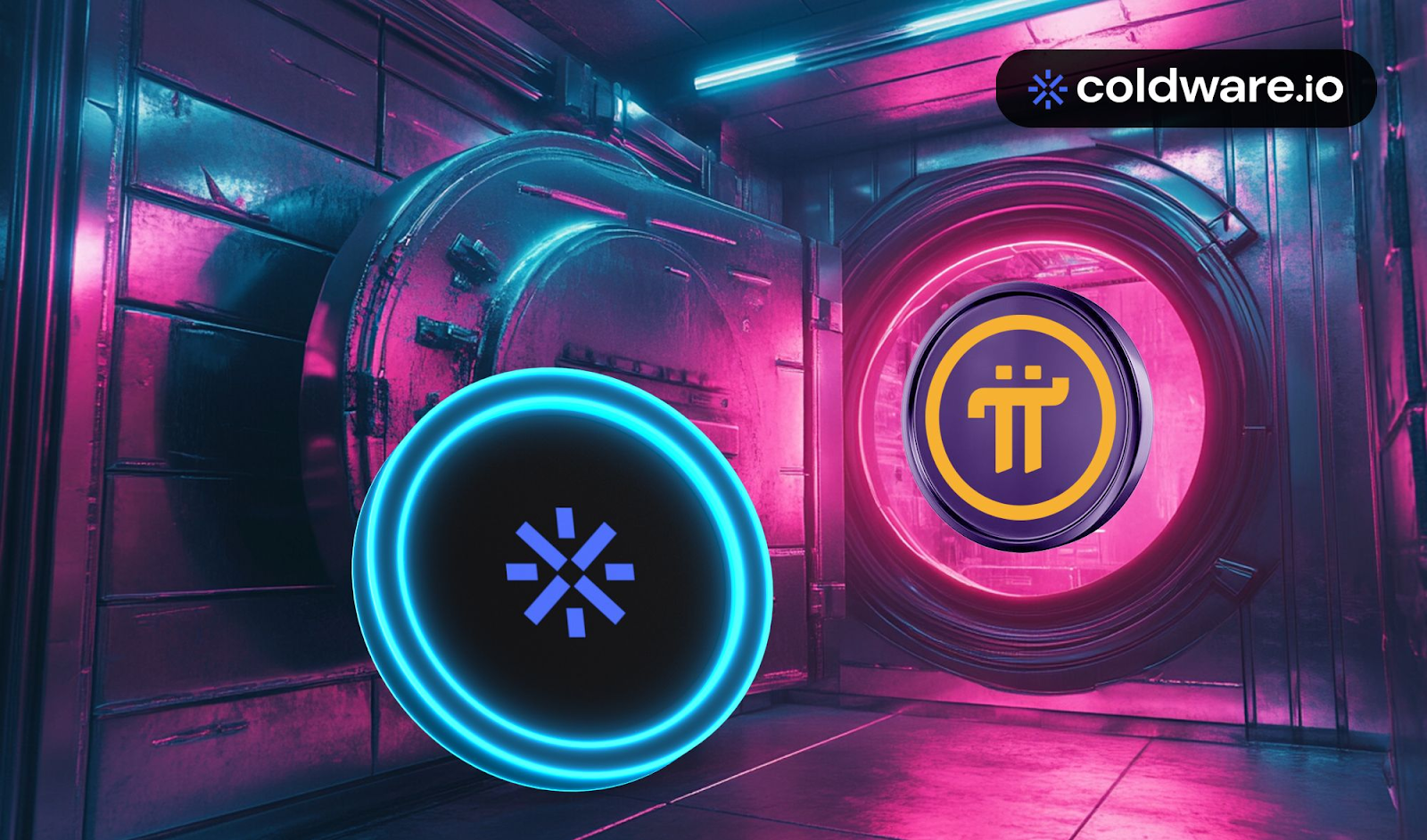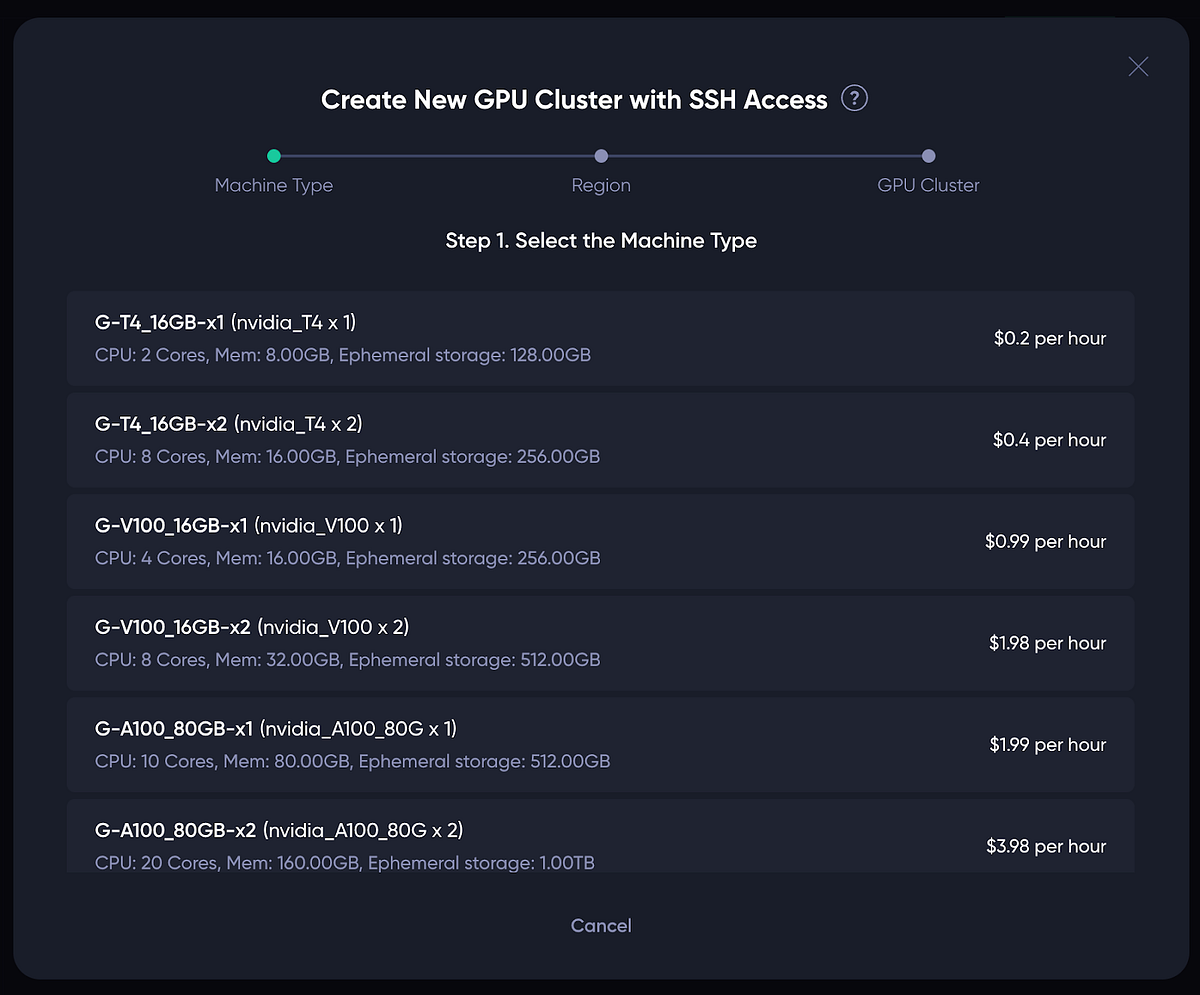Integrating OpenAI with Solana Using Lit Protocol
In a groundbreaking integration, Lit Protocol has demonstrated how to securely combine the capabilities of OpenAI and the Solana blockchain. By utilizing Wrapped Keys on Solana, developers can sign responses generated by the OpenAI API within a Lit Action. This integration opens up a myriad of innovative applications, particularly in the realm of AI-powered autonomous agents. These agents can operate on the blockchain without exposing sensitive API keys, thanks to Lit’s threshold-based Programmable Key Pairs (PKPs) and Trusted Execution Environments (TEE). This ensures that all sensitive operations remain protected, allowing AI agents to interact with both blockchain and traditional web services while maintaining decentralized identities.
The integration also emphasizes the importance of private compute and data processing. By encrypting data and executing large language model (LLM) prompts within Lit’s TEE, developers can ensure that sensitive information, such as medical records or financial data, remains secure throughout the process. The TEE provides hardware-level isolation, meaning even node operators cannot access decrypted data. This end-to-end encryption allows for the secure processing of private information, ensuring that all computations occur within a secure environment before results are re-encrypted and sent back.
Furthermore, the integration facilitates the generation of cryptographic proofs for training and inference. By restricting PKP signing permissions to specific IPFS CID hashes, developers can guarantee the authenticity of LLM-generated content. This proof system is particularly beneficial for audit trails and compliance requirements, as it enables third parties to verify the authenticity of the content produced by the LLM. Overall, this integration showcases the potential of combining AI with blockchain technology, paving the way for more secure and efficient applications in the future.
Related News





